
7 minute read
Becoming a Woman of Substance

Intercultural Marriage: Making it Work
Advertisement
Being of different races can definitely pose a challenge for intercultural couples.
Just like any marriage, however, the thing that binds interracial couples together, and what helps them bridge the divides they face, is having the same values and shared vision of life.
We met with 3 couples who shared a bit about their experiences. ↘
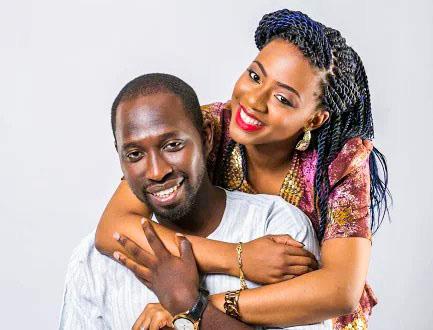
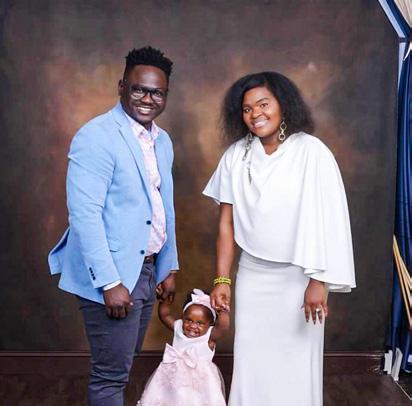
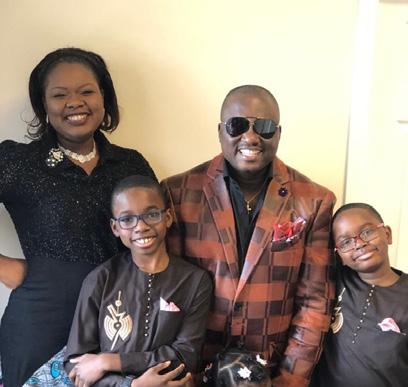
Pearlyn Oloyede
Tell us a bit about yourself My name is Pearlyn Oloyede. I’m an American born Liberian. I am from the Vai tribe; my village is So (pronounced Zoh), located in Cape Mount County (West Liberia). I was born in New Jersey but raised in Atlanta. My mother works for the U.N., and as a result of her job, I lived in Nepal, Liberia, and Nigeria.
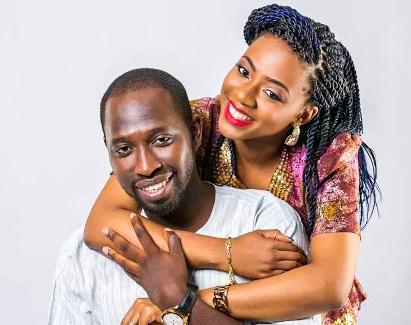
How did you meet your spouse? I met my husband through my mom at their church in Lagos. While visiting my mother in Nigeria, Summer of 2013, she invited me to her church, RCCG Covenant House in V.I.

How long have you been married? We’ve been married for six years.
Was the fact that you were not a Nigerian an issue for your family or his? No, there wasn’t an issue from my family or his. Before meeting my husband, my late grandfather did voice some concern. He wanted me to marry a Vai man and have a traditional Vai family. None of his children married Vai people, so he was concerned that our cultural identity was no longer relevant. After meeting my husband and his family, he no longer had those concerns and was very happy with the choice I made to marry my husband.
What aspects of the Nigerian culture do you like? I love how Nigerians take pride in their culture and are very patriotic. I love
their individual traditional attires and languages spoken throughout the nation.
What aspects of the Nigerian culture have been challenging for You? Understanding my husband’s language, Yoruba, and understanding Yoruba culture’s cultural dynamics have been the most challenging. I remember a conversation where an older man felt disrespected (for the lack of a better word) because a lady many years his junior asked him how his day was. I was confused as to why that was an issue. My husband explained that a young woman shouldn’t ask an older man, especially if he’s not her father or related to her, how his Work day was. In my culture, asking anyone–regardless of age, sex, gender–how their day is considered hospitable. I’m used to seeing that in Liberian culture and American culture. I was raised on “Southern Hospitality”; conversing with elders in that way is considered hospitable and good conduct. Also, this type of hospitality is practiced in Liberia. Another aspect of Yoruba culture I found a bit confusing was curtseying and bowing. In Vai culture, we don’t bow unless they’re a Chief or a deity.
Which Nigerian foods can you cook? I can prepare efo riro, Nigerian jollof rice, Nigerian fried rice, Nigerian stew, eba, and semovita. gw
Eula Amosun
Tell us a bit about yourself I am Eula Amosun married to SPC Kolawole Amosun (United States Army). I’m originally from Southern, Louisiana. I grew up in Mississippi
How did you meet your spouse? We met during my visit to a worship service spring of 2018 at Grace Covenant Center
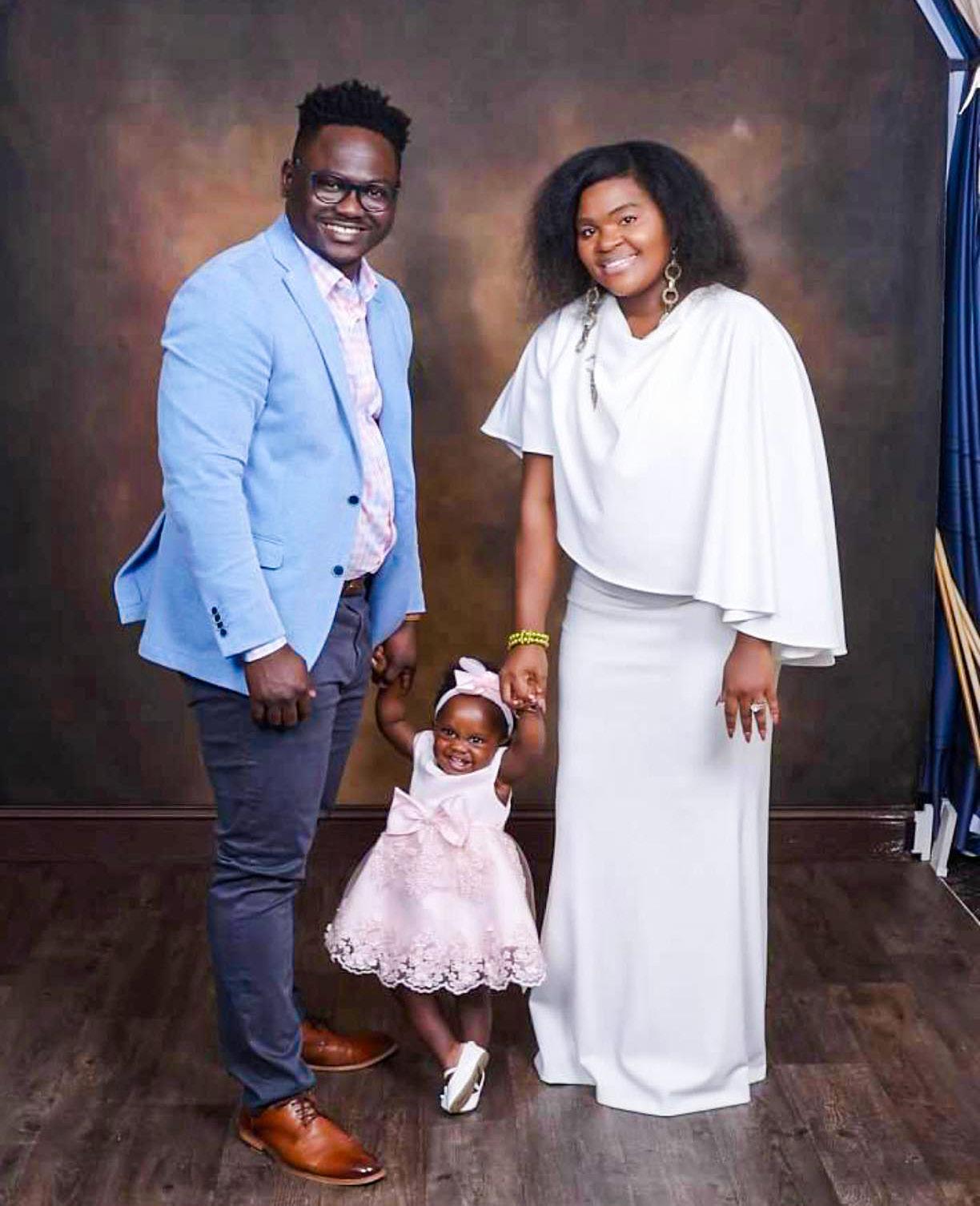
How long have you been married? 2 years

Was the fact that you were not a Nigerian an issue for your family or his? The fact that he was African was a bonus for my family, and they loved him at first sight.
What aspects of the Nigerian culture do you like? There’s this African proverb that says “it takes a village to raise a family.”My Nigerian family is an example of that. Being African American and not from
Texas. I was afraid to open up, and allow people to help me with certain responsibilities such as opening up our home, and allowing assistance with our daughter and just being personal all round. I tend to live a private life. My husband is very private as well so once I allowed the help. I was reminded of how family works and the strong cultural values that my husband brings that keeps our love and life in order. With my husband I feel safe enough to submit and wise enough to follow when he leads.
What aspects of the Nigerian culture have been challenging for You? Having to adapt to life without my in-laws. I’m very family oriented and seeing my mother and father in law on video is different. We’ve actually never had that chance to meet in person. My husband is the only child of his parents that is currently living in the United States of America.
Which Nigerian foods can you cook? Stew and I mainly fry plaintain but my husband had adapted to multicultural dishes very well. gw
Shermaine Oselukwue
Tell us a bit about yourself My name is Shermaine Oselukwue. I was born in Jamaica, but grew up in New york city I have worked in the field of Social Work for over 20 years. I also have a business that handles placement, and care management for senior citizens and Christian couselling and therapy.
How did you meet your spouse? I met my spouse through his cousin who I worked with in New York City. My husband and I started speaking on the phone before we met in person. I believed that God worked it out that way, because of the type of man I thought I liked. I might not have given the relationship a chance.

How long have you been married? I have known my husband for 19 years, but married for 17 years
Being a non-Nigerian, was it an issue for his or your family My family did not know much about Nigerians. They (some of my siblings, Not all. I have 7 siblings) placed the African continent in one category. Most were welcoming because he
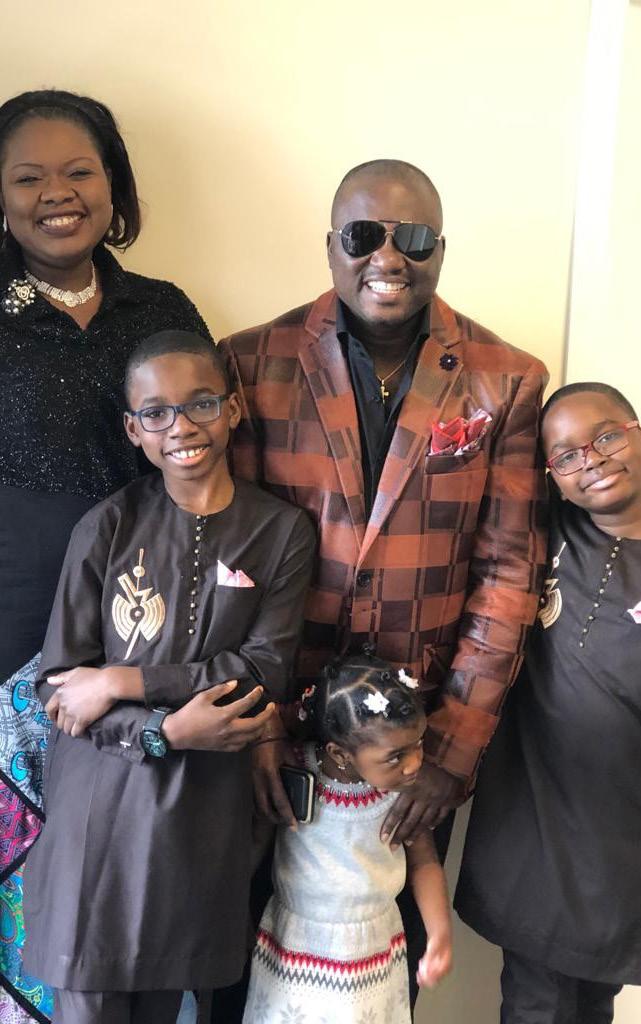
was outgoing and treated me kindly My Husband’s family wanted to make sure I was first Black/African American (none white). They were more accepting that I looked more like them .
I do believe not being Nigerian helped at times and in some aspects I was excluded. “you wouldn’t understand, it’s in my village”.
I personally think God made me for this situation. I am adaptable, I was bent frequently, but was never broken completely. I am truly better off for being married to an African man. The family aspect for me was very important because of the peculiar experiences I had growing up. Its very important for me that my children all have the same father.
What aspect of the Nigerian culture has been a challenge for you? His parents were not open minded. “this is how we do things in Nigeria” was a famous saying in the house in the beginning. But now that they live in the states and learnt from me and have seen (how fabulous I am) they are now more accepting.
Some of the traditions made absolutely no sense to me. A few examples are as follows: pressing my stomach with hot towels after giving birth and thereby exposing myself to a mother in law I barely knew, No way that I couldn’t accept. Vicks vapor rub is a cure for everything. I had to learn to go along with some, and had to put my foot down on some others.
The rest as they say (I will leave for my memoirs)
Which Nigerian foods can you cook? Stew (tomatoes) we know everything’s soup (LOL) that took some adapting for me.
Pepper soup, because it is something familiar to me culturally. Fried rice and okra soup. gw










